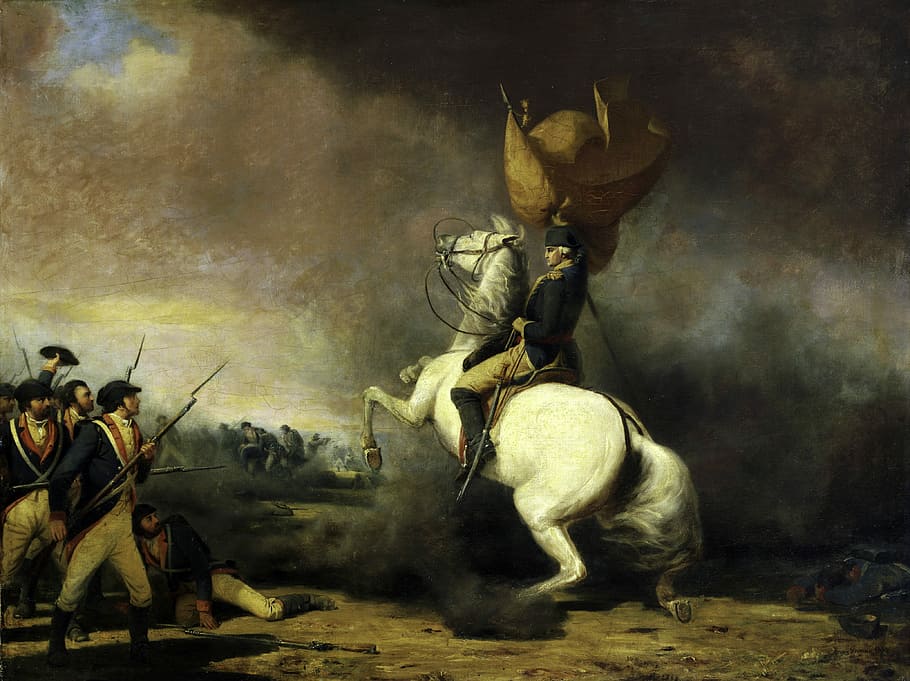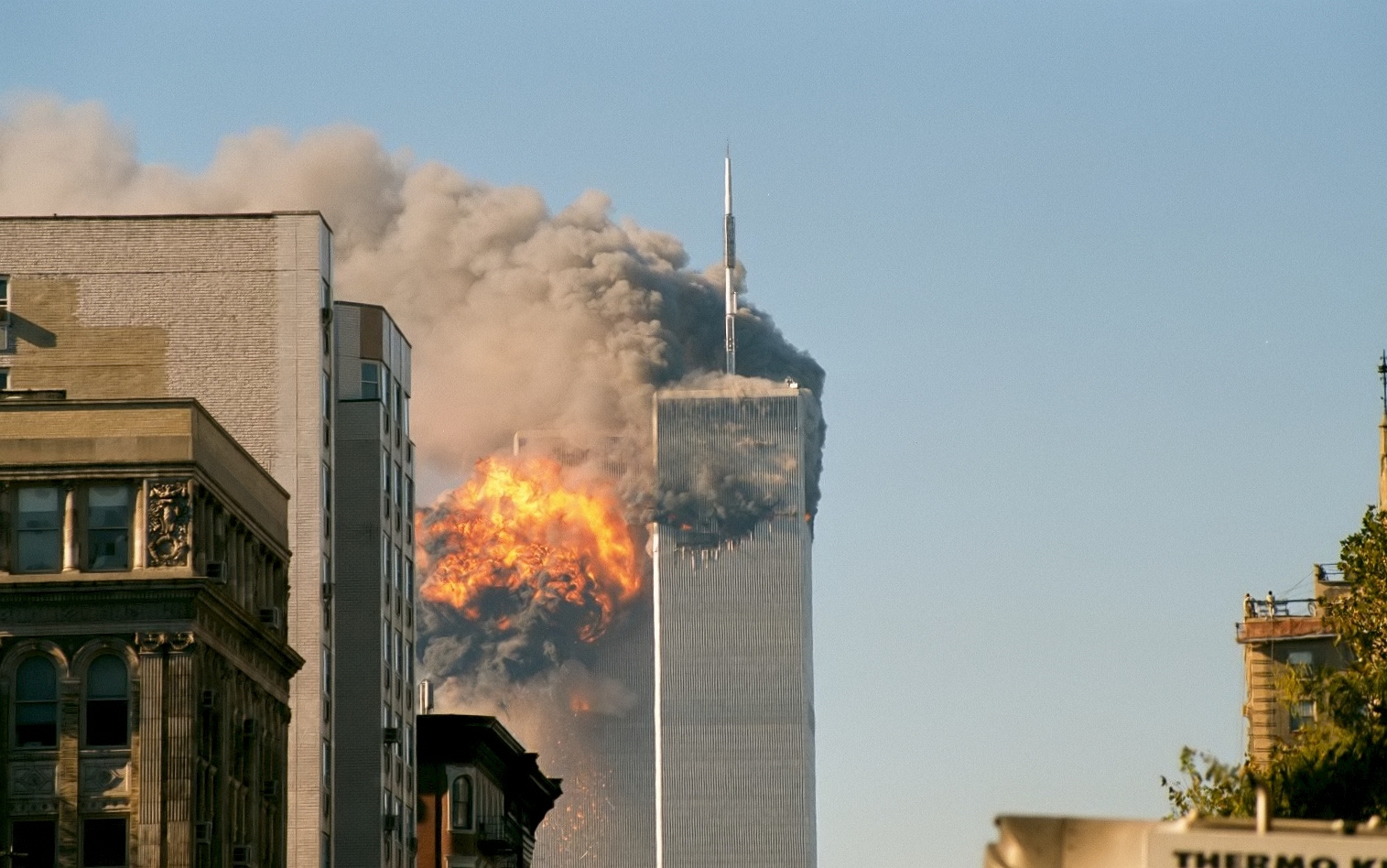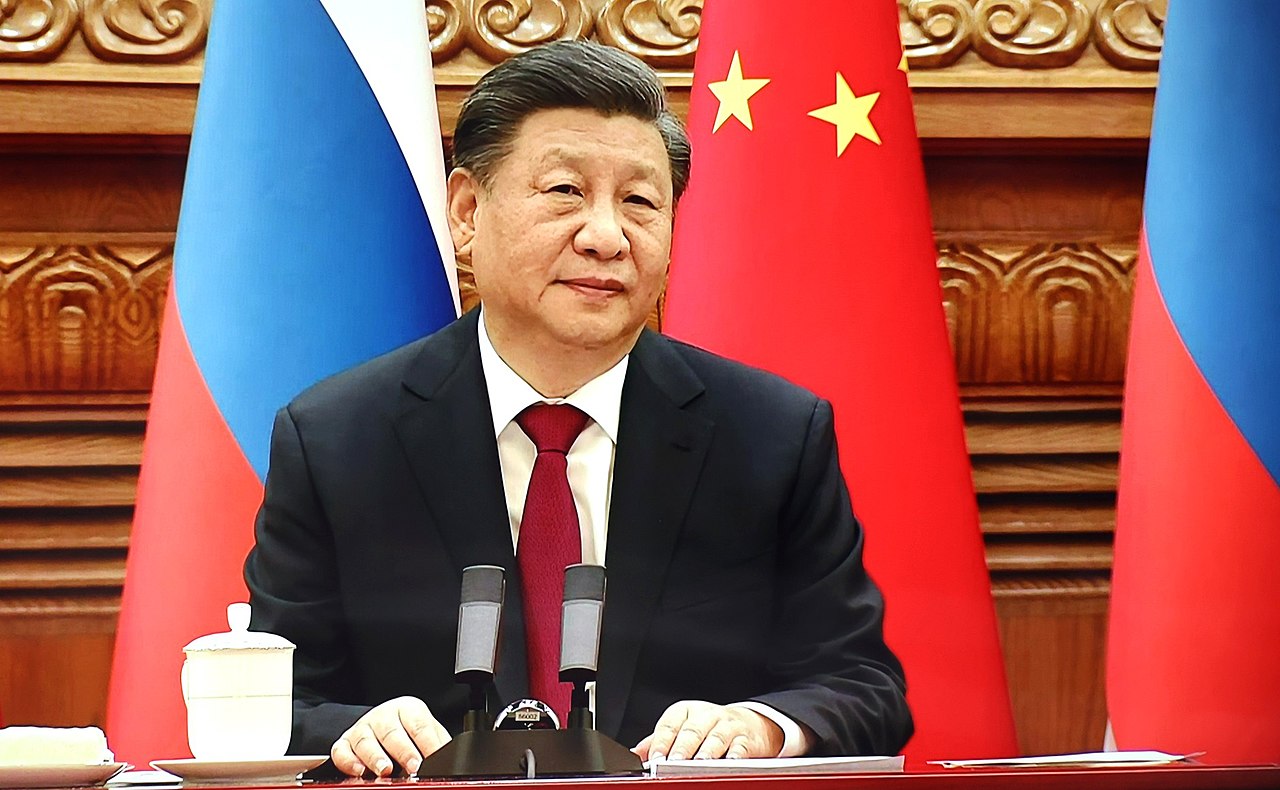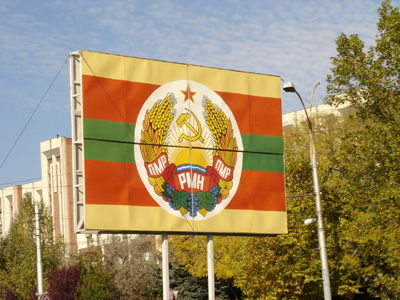Ever since September 11, the United States has engaged in a foreign policy of aggressiveness unseen since the era of neo-colonialism of the late 19th century. [1] The U.S. has engaged in regime change, invasion, targeted assassination, punitive expeditions, and counterinsurgency. It has done so particularly in the Middle East. [2] This policy has had a profoundly negative impact on U.S. national interests, domestic stability, and the international opinion of the United States. It has done so because it views the world through an American paradigm, which considers western values of democracy, freedom, and human rights as inherently superior, inevitable, and most importantly universal. Furthermore, this flawed worldview could lead the U.S. to make more mistakes in the future, where due to the emergence of multipolarity each error has a much higher price.
The Legend of the West
The human mind relies heavily on experience over reason. [3] Skillful stories and narratives, whether backed by evidence or not, have a significant impact. Every culture possesses a collection of influential stories that form their legends and myths. While the modern western world prides itself on its „scientific and reasoning“ tradition, it is equally susceptible to legendary thinking like any other part of the world. The downfall of monarchies in the west, beginning with the American Revolution, led to the abandonment of old legends used to legitimize monarchies, such as King Arthur or Joan of Arc. New legends were required, and for the U.S., the story of the American Revolution took their place. [4] The common narrative of this event goes as follows: an oppressive tyrant ruling over the people, who naturally rise up in pursuit of freedom, ultimately leading to democracy and human rights.
However, when viewed through modern moral standards, the American Revolution was a distinct event specific to the 18th century. It primarily arose from grievances regarding taxation, which, by today’s standards, would be considered a libertarian fantasy. [5] Additionally, it’s important to note that it took nearly a decade for the U.S. to establish a functioning government post-revolution. Furthermore, during its early years, the young U.S. practiced slavery, disenfranchised women and poor men, and forcibly displaced Native Americans from their lands for territorial expansion. Although these issues were later addressed, the process took over a century. The problem with the „legend of liberation“ is its lack of accuracy in portraying this crucial historical moment. Moreover, believing in this legend can lead people to make critical errors in judgment when evaluating the functioning of other countries.

The first error is the belief that a tyrant is the sole cause of the problems in a country. This has caused the U.S. government to conclude that without a particular tyrant, the country would automatically assume a democratic western-style government. However, countries often have severe problems that transcend just one tyrant. [6] These include but are not limited to ethnic and religious divisions, crippling corruption, lack of effective institutions, and chronic poverty and illiteracy. Ironically the tyrant is often the glue holding the country together and preventing it from disintegrating into civil war.
The second error is that this worldview assumes that western values are universal. Westerners are more individualistic than the rest of the world and freedom over oneself and equality between individuals, therefore, takes a paramount place. [7] This, so-called WEIRD (Western, Industrialized, Educated, Rich and Democratic) mindset is, in many other countries and cultures, replaced by a more collectivist one, where loyalty to an ethnic, tribal, or religious group takes paramount place. This causes many of them to be content living under a regime that the U.S. considers oppressive as long as their basic needs are met, and their religious and tribal communities are safe. They may form an insurrection against the regime if these values are threatened, however, that by no means implies that they automatically want liberal democracy.
These errors cause the U.S. to believe that since the only problem of a country is its tyrant, the people naturally yearn for the universal values of liberal democracy and intervention is not only as an expediency but as a national duty, then if a revolution is to occur, a stable, democratic and free society is the necessary result. Reality has dealt a sharp blow to this worldview. This is further exacerbated by a responsibility to protect mindset which turns intervention from an expediency to a responsibility.
The Realities of the Islamic World
On September 11. 2001, Al-Qaeda committed a horrible attack on U.S. soil. In response, the U.S. instructed the Taliban regime to stop giving sanctuary to Al-Qaeda in Afghanistan. The Taliban refused and the U.S. invaded the country to punish the Taliban and capture Osama Bin Laden. U.S. led coalition was able to almost completely wipe out the Taliban and helped establish the Islamic Republic of Afghanistan. After the military success, the U.S. was faced with the conundrum of deciding what to do next. Exit was an option, after all the Taliban had been beaten and Afghanistan possessed no other geopolitical significance but viewing Afghanistan through the lenses of its ‘legend of liberation’ the U.S. decided to turn Afghanistan into a liberal democracy. Afghanistan was a tribal and deeply religious society with no history of having a centralized, secular, and liberal state. The result was a grotesquely corrupt government based on tribal identity, which was unable to exert control over any part of Afghanistan except Kabul. The situation deteriorated into anarchy, and this enabled the Taliban to regenerate and take on the local and western armies. The war lasted for two decades at a cost of over 200,000 civilian and military casualties, billions worth of taxpayer money wasted, a U.S. withdrawal, and a victory for the Taliban, which gained control over the whole country. [8]

It is still widely disputed why the U.S. invaded Iraq in 2003. Iraq was an extremely complicated country with a cartoon villain for a dictator, no democratic institutions to speak of, relying on tribal hierarchies to operate, a confessional conflict between Sunni and Shia Muslims, ethnic warfare between the majority Arabs and minority Kurds, and an ideological conflict between religious extremists and the more secular Ba’ath government. The official casus belli were Saddam Hussein’s weapons of mass destruction (WMDs) and his alleged relationship with Al-Qaeda; However, the underlying goal was the ambition of turning Iraq into a liberal democracy as a role model for the entire Middle East. [9] The U.S. armed forces performed spectacularly during the invasion of Iraq, they dashed toward Baghdad and decimated any opposition they met en route. Upon reaching Baghdad the United States realised it had no plan for the ‘day after’. This was because it simply expected that the Iraqi people, now free of tyranny, would naturally overcome their differences, organise peaceful elections and create a functioning government within a few months. What followed was a Hobbesian period of civil war, ethnic and sectarian cleansing, a rise of Islamic extremism, atrocious war crimes, dismemberment of the state, the rise of ISIS, almost unimaginable corruption, and political instability, and over 1 million casualties. The entire region is still affected by the invasion and may never recover. [10]
There are more examples of the U.S. fundamentally misunderstanding other countries in the not-so-distant past such as Vietnam, Yugoslavia, Libya, and Syria. The error is repetitive: the U.S. views these countries through the lens of its “legend of liberation”, uses forces to liberate them, and then suffers the consequences. Even in circumstances where it doesn’t use force the “legend of liberation” warps the U.S. perception of the world and leads to imprudent policy decisions. More importantly, it could continue to do so in a future where the very position of the U.S. as a world power could be at stake.
Liberalism vs Realpolitik
In sharp contrast to the U.S. stands the People’s Republic of China which has drastically different worldviews and a goal of reducing U.S. power. China has many disadvantages such as internal discontent, inexperienced militaries, and technological backwardness. The one advantage it possesses is a distinct worldview. China sees its values and traditions as superior and particular to itself. It views itself through the lenses of its long and prestigious history. China was labelled as the Middle Kingdom and was believed to be at the centre of the universe. China viewed itself as the only civilised nation in the world with its unique traditions, customs, philosophies, and religions. [11] During the highpoint of the Ming dynasty, it ruled over a vast Afro-Asian empire with tributary states in Korea, Japan, Indochina, Indonesia, and even as far as India and the east coast of Africa. These ‘barbarians’ were engaged with China in an economic and political partnership based on self-interest.
After the ‘century of humiliation’ inflicted by the west. China seeks to rebuild its global position to that of its past glory. In its efforts, it has been helped by its worldview, which sees China as a unique and superior country with values particular to itself. This worldview has made the Chinese government pursue a foreign policy based on realpolitik without any interest in spreading ‘Chinese values’. This has given China valuable allies and opportunities without which it would have had a difficult time building its power. China, despite practising state atheism, has a theocratic state as a close ally (Islamic Republic of Iran). While strongly opposing liberal democracy at home it has initiated valuable economic partnerships with Europe and the U.S. without which it wouldn’t have been able to build its economy. It has gained almost hegemonic influence in Africa [12] since it is willing to work with local governments despite their abysmal human rights records. All of this has helped China to become a global power in a very short period. China has avoided costly and pointless invasions and nation-building attempts and has instead focused on working with other countries through the only universal value in international politics: self-interest.

Conclusion
As the world enters an era of multipolarity the position of the United States appears more and more precarious. Due to its inaccurate view of its founding moment, it possesses a disadvantageous worldview that blurs and restraints its foreign policy, while its arch nemesis engages in flexible and amoral realpolitik. Furthermore, the problem is exacerbated by the advent of high stakes multipolarity, where one lapse of judgement on the part of the United States could result in its enemies gaining the upper hand.
How can the United States accommodate this? At first glance it may seem obvious that the United States should simply drop all pretence of morality and adopt a realpolitik foreign policy, however, it is advantageous for the United States to retain some form of liberal idealism, as the cornerstones of American power such as its European and East Asian allies, free trade and international institutions are based on liberal values. [12] Upholding liberal values in some circumstances leads to further U.S. national interests and in others, it does not. Therefore the U.S. should not drop its worldview completely, however, it should drastically reconsider it to promote compromise and cooperation with countries that have different values.
This can be accomplished by not viewing every facet of U.S. culture as universal and focusing on values that are shared with a particular country. This way the United States could adapt to the new era of multipolarity while retaining some of the privileges of unipolarity such as its global free trade and military base network. It could win over African countries by investing in their infrastructure and economies. It could utilize its global free trade project and arms exports to economically bind Southeast Asian countries to itself. The U.S. could still retain its liberal allies in Europe and East Asia and engage with non-liberal countries on the basis of values that are held mutually such as economic prosperity, national security, and international commerce. This would allow the U.S. to avoid costly, bloody, and ultimately pointless military interventions. With this new approach, the U.S. could gain an edge over its main rival China.
Article reviewed by: Veronika Zwiefelhofer Čáslavová
Sources
[1] Juan A. Alsace, In Search of Monsters to Destroy: American Empire in the New Millenium (Washington D.C: United States Army War College Press, 2003)
[2] Katerina Delacoura, US democracy promotion in the Arab Middle East since 11 September 2001: a critique (London: International Affairs, 2005)
[3] Peter Markie and M Folsecu, Rationalism vs Empiricism (Stanford: Stanford Encyclopedia of Philosophy, 2021)
[4] Jay Parini, The American Mythos (Cambridge, Massachusetts: Daedalus, 2012)
[5] Arthur M. Schlesinger, The Aristocracy in Colonial America (Boston, Massachusetts: Massachusetts Historical Society, 1962)
[6] Arif Dirlik, The Postcolonial Aura: Third World Criticism in the Age of Global Capitalism (Chicago: Critical Inquiry, 1994)
[7] Burak Doğruyol, Sinan Alper, Onurcan Yılmaz, The five-factor model of the moral foundations theory is stable across WEIRD and non-WEIRD cultures (Amsterdam: Science Direct, 2019)
[8] Nazif M. Shahrani, War, Factionalism, and the State in Afghanistan (Arlington, Virginia: AnthroSource, 2002)
[9] Andrew J. Bacevich, America’s War for the Greater Middle East (New York, Random House, 2017) 217-238
[10] Louise Fawcett, The Iraq War ten years on: assessing the fallout (London: International Affairs, 2013)
[11] Sarah Allan, Erlitou and the Formation of Chinese Civilization: Toward a New Paradigm (Cambridge: The Journal of Asian Studies, 2007)
[12] Daniel Large, Beyond ‘Dragon in the Bush’: The Study of China–Africa Relations (London: Royal African Society, 2008)
[13] John Ikenberry, Why the Liberal World Order Will Survive (Cambridge: Ethics and International Affairs, 2018)





